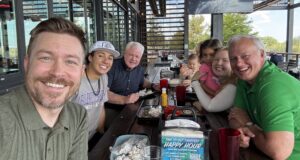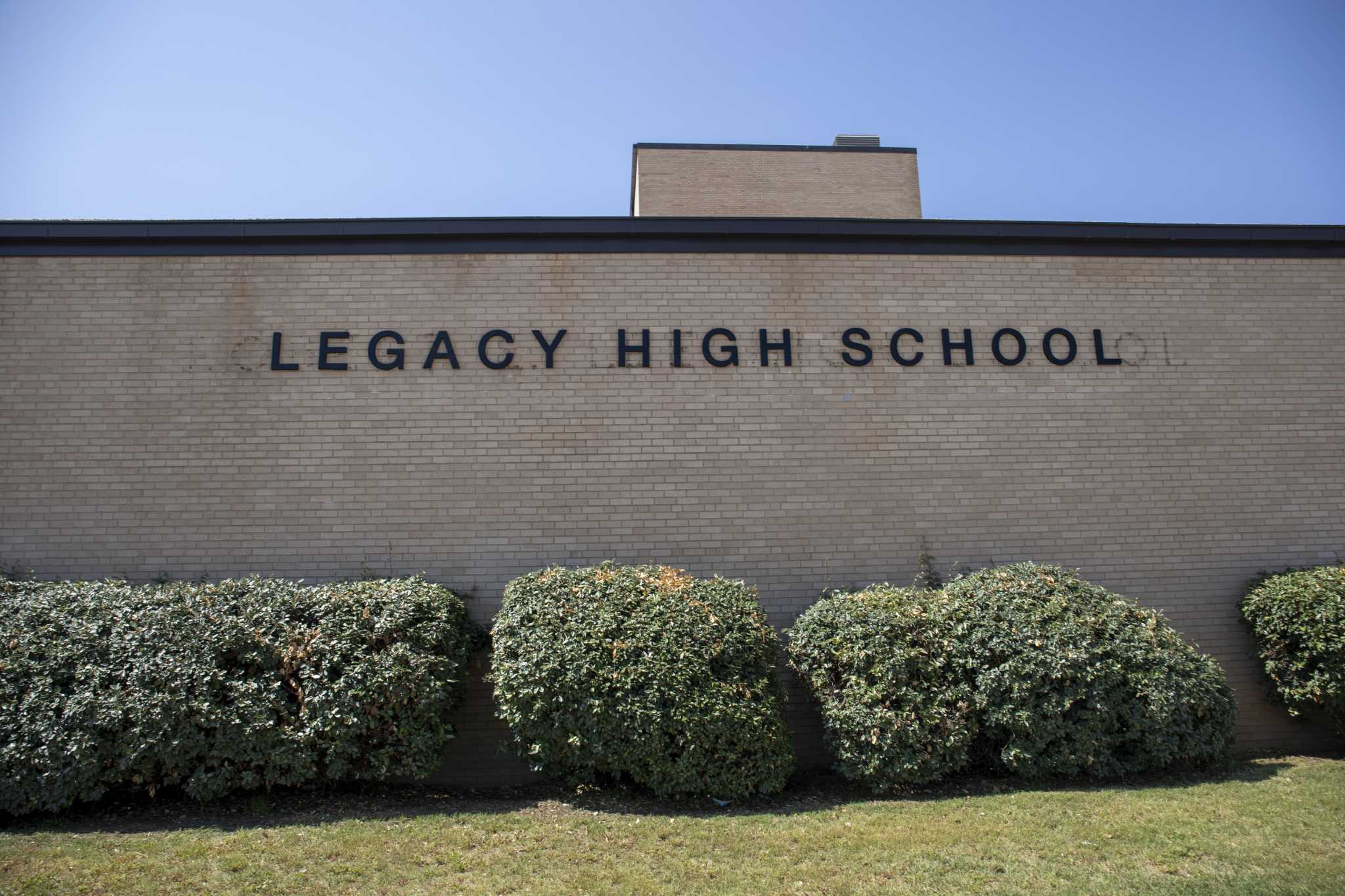I thank God for refreshing my soul and rekindling my heart for his holy mission the way he does every single year at ACU’s Summit. My spirit is overflowing with gratitude today for our Lord and for the good people at Abilene Christian University who continue this annual gathering of church leaders despite the many challenges in providing physical space, brilliant content, inspiring worship, and relational opportunities for an increasingly digitized and individualized group of ministers and pastors.
 We typically take seven or eight of our nine ministers on the team at GCR, but this year only four of us were able to make the two-hour drive for the event that covers parts of three days. We do our own tracks with our fellow preachers, youth ministers, children’s ministers, and formation ministers from all over Texas, the Southwest, and parts unknown. But we worship, take in the keynotes, and eat our meals together, sharing what we’ve learned, praying for each other, and laughing. On Thursday, we were honored to be joined for lunch at Twisted Root with Jason Minor, one of our amazing GCR teenagers who is enjoying the first weeks of his freshman year at ACU. We want to keep connections with our kids; what a joy to know that our kids want to maintain those connections with us.
We typically take seven or eight of our nine ministers on the team at GCR, but this year only four of us were able to make the two-hour drive for the event that covers parts of three days. We do our own tracks with our fellow preachers, youth ministers, children’s ministers, and formation ministers from all over Texas, the Southwest, and parts unknown. But we worship, take in the keynotes, and eat our meals together, sharing what we’ve learned, praying for each other, and laughing. On Thursday, we were honored to be joined for lunch at Twisted Root with Jason Minor, one of our amazing GCR teenagers who is enjoying the first weeks of his freshman year at ACU. We want to keep connections with our kids; what a joy to know that our kids want to maintain those connections with us.
I am at once dismayed and greatly encouraged to know that most preachers are dealing with all the same things when it comes to the current climates in our churches. Today, “Christian” means a lot of different things to a lot of different people, both inside and outside the Church. Some of those things are decidedly un-Christian, which is killing our witness to a desperate and dying world.
I’ll paraphrase what the brilliant Mark Hamilton said during a session on Isaiah 40-55 and its message to our present time and culture. He said the greatest gift the Church can give to our communities and to our world, is calm, reasoned discourse. We should call the demagogues for what they are–in the government and in our society, who they are and what they are doing–we should be clear about it. We should tell our brothers and sisters who are in the rabbit holes to repent and, if they don’t repent, to leave our congregations. Because people who are searching for God will discern very quickly that the church is not the place to seek. This is not a hypothetical; this is real. It is happening with a majority of younger people right now today.
Jerry Taylor’s powerful homily on our fear of death and the spirit of Cain and of the anti-Christ that is so prevalent in our communities and our churches left me feeling incredibly inadequate and gutless. I know my church needs to hear these things, I know I am called by our God to proclaim the truth that Christ lives and that Jesus alone is Lord and that we are collectively losing our minds and our souls by employing the ways of the world and chasing after political power to remake society in our own images. When I asked Jerry afterwards if he had a word for preachers like me in the situations we’re in–there are hundreds of us–he said, “Allan, there are bigger things at stake than your employment.”
I know courage thrives in community and in collaboration. That’s why I am so thankful for my pastor friends in Midland; for my longtime friendships with preachers I’ve known for 25-plus years; for Jason, with whom I study and pray and argue and laugh; and with guys and gals in our unique fraternity I’m just now meeting and getting to know. We hold on to Scripture. We hold on to justice. We hold on to love. We hold on to our Lord and the promises of our God. And we hold on to each other.
Peace,
Allan





Recent Comments